HErNIATED DISC
(also referred to as herniated nucleus pulposus (HNP), disc rupture, or disc prolapse)
A herniated disc occurs when the outer wall of the disc is torn and a portion of the disc is now pushed out through this outer wall tear. The term “annular tear” comes from the tear only without herniation and the term “herniated disc” arrives when the center nucleus is herniated out through the tear in the wall. This phenomenon will cause pain in two ways. The nucleus will produce a chemical and an irritant response on the nerves. Back pain is also produced by the tear in the annular wall.
A herniated disc is a common injury that can affect any part of the spine. A herniated disc can cause severe pain and other problems in the arms or legs.
Disc Anatomy
Vertebral discs are flexible, rubbery cushions that support the vertebral bones. They allow the spine to twist and bend. Each disc has a soft inner nucleus that is surrounded by a fibrous outer wall.
Herniated Disc
A herniated disc occurs when the nucleus pushes through the outer wall. This herniation can result in a large bulge that can press against nearby nerve roots.
Causes
Herniated discs commonly result from age-related weakening of the spinal discs. This is called disc degeneration, and it can occur gradually over many years as a result of normal wear and tear on the spine. A herniated disc can also result from a traumatic injury, or from lifting a heavy object improperly.
Symptoms
Symptoms of a herniated disc vary depending on the location of the disc and the severity of the rupture. Some herniated discs cause no symptoms, and a person with this type of injury may not realize the disc is damaged. But a herniated disc can also cause severe pain, numbness or tingling, and weakness. Most herniated discs occur in the lower back, where they can cause symptoms in the buttocks, legs, and feet. Herniated discs also occur in the neck, where they can cause symptoms in the shoulders, arms, and hands.
Treatment
Treatment options for herniated discs depend on the location and severity of the injury. A herniated disc may be treated with pain-relieving medications, muscle relaxers, and corticosteroid injections. A person with a herniated disc may benefit from physical therapy. If these methods are not effective, the disc may need to be treated with a surgical procedure.
Conditions We Treat
We provide the highest level of expertise for the assessment, diagnosis and treatment of the following degenerative spine conditions.
